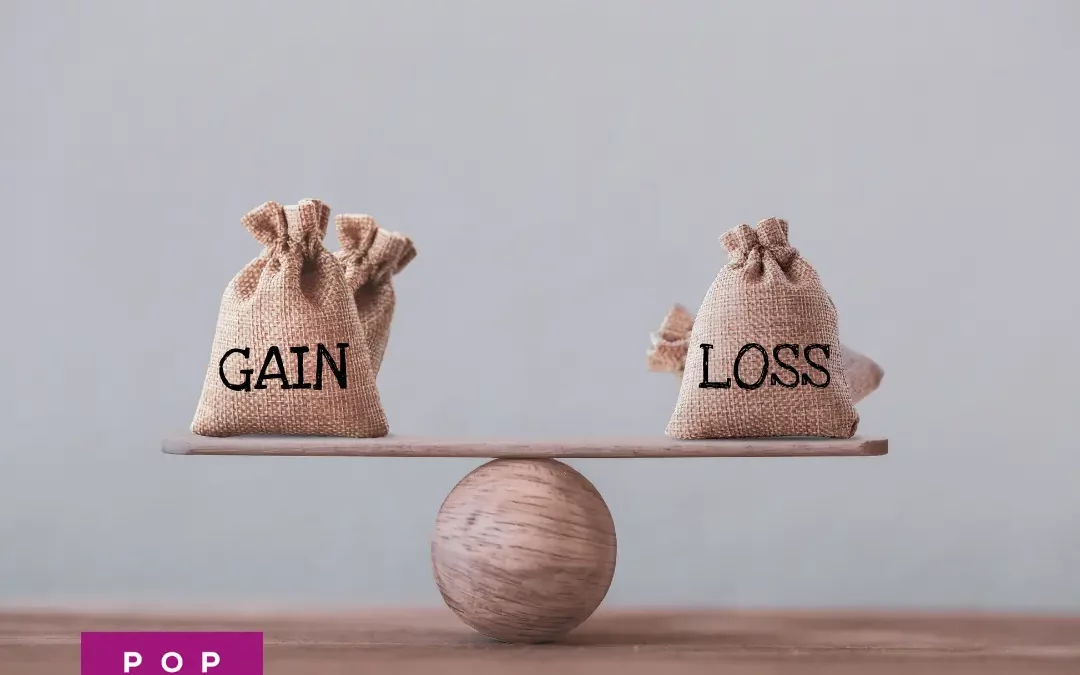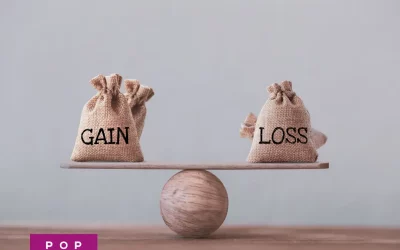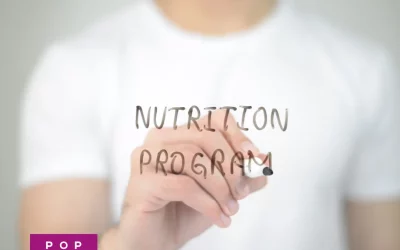One of the greatest disservices in the fitness and nutrition space is that most curriculum avoids a massive gap in what actually creates results.
We learn about movement patterns, anatomy, force production, form, calories, macronutrients, metabolism, vitamins and minerals, sleep, stress, and hormones.
Some courses don’t even go that far.
Current fat loss theory
The theory around fat loss that is most commonly accepted is that we must produce a calorie deficit while doing our best to maintain muscle mass through the process.
Simply put … reduce your intake, increase your output, and use your muscles so you don’t lose them.
Other quacks, I mean individuals, tried to claim that calories don’t matter. It’s simply about insulin and blood sugar.
Meaning, if you have a bunch of insulin spikes from eating carbs then you’ll pack on weight left and right.
That has been completely debunked by science (however, it doesn’t stop those people from dying on that hill).
The best studies in the world show that when you eat enough protein and fiber while simultaneously eating in a calorie deficit (regardless of the split between carbs and fats) that you’ll lose weight.
This much we know.
So what’s the problem?
Sounds pretty straight forward right? Just get people to eat less, consume adequate protein and fiber, and lift some weights so they don’t lose muscle.
Not so fast.
Here’s what the nutrition and fitness industry ignores …
Have you identified the glaring, gaping, massive fuckin hole that our industry ignores?
Humans don’t exist in a controlled environment!!
You can’t exactly replicate something where every variable is controlled and accounted for and place that in the real world.
Let’s ignore the obvious stuff … ignore the fact that people have hectic and busy schedules. Ignore the stressors that are prevalent in everyday life. Ignore the family dynamics. Ignore traumas. Ignore hormonal implications or autoimmune conditions.
Just toss out all the obvious stuff that may throw that perfectly conditioned environment out of whack.
There’s still a glaring hole.
I’ll give you a hint … it’s what you’re using to process this information right now.
Yep, that thing between your ears.
Most trainers and nutrition coaches have zero understanding of human psychology and behavior change.
And it’s the achilles heel of our entire industry.
Every nutrition coach should know about human psychology and behavior change.
I wish each coach could have a trained psychologist as a consultant to help with coaching their clients.
Here’s why …
The fallacy that we’ve been led to believe about fat loss is totally incomplete and impossible in the real world.
You can’t simply reduce your intake and lift some weights and cruise to your goals.
Again, we’re ignoring all the physiological implications of doing that. Screw your metabolism, screw your hormones.. just pretend they don’t exist right now.
There was a study done in 1944 called the Minnesota Starvation Study.
I won’t go into all the details but they basically took a bunch of active, healthy men and significantly cut their calories. They went from eating 3200 calories per day to 1570.
We’re going to ignore what it did to them physically (they looked frail, lost strength and stamina, lower body temp, no sex drive).
What was crazy about this study is what it did to them mentally. These were men who had no signs of disordered eating or obsessive thoughts around food. And the mini starvation changed all of that.
They would fantasize and dream about food. They would read and talk about food all the time. They lost mental clarity and were always irritable. They reported apathy and an increase in depression.
Now, tell me again how we’re supposed to just reduce intake, increase output, preserve muscle mass, and coast to our goals?
You might be thinking … well, that obviously eliminates the extreme protocols like Optavia and the like but what about a small deficit that’s not as extreme?
Good point.
What about it?
Well, we’re still asking a human to remain very consistent and diligent in an environment that is not conducive to consistency and adherence.
A quick peek into the world of psychology and motivation and you’ll understand why the general consensus on fat loss is a total fallacy.
Fat loss is rooted in extrinsic motivation.
You are doing something for a reward or outcome.
There are 3 types of extrinsic motivation: reward-based, power-based, and fear-based.
Reward-based: I want to lose fat because the reward is that I’ll look better naked.
Power-based: I want to lose fat so I can lead others and inspire them.
Fear-based: I want to lose fat because my doctor told me that if I don’t, I’ll die.
Extrinsic motivation is what drives us to do tasks that we don’t particularly want to do.
Like dieting. Or paying taxes.
There’s another form of motivation which is intrinsic motivation.
Intrinsic motivation is where you do something for its inherent satisfaction, regardless of the outcome. Intrinsic motivation is long-term and driven by self-motivation.
There are 4 types of intrinsic motivation: challenge, curiosity, control, and context.
We get a sense of accomplishment with challenge, we like to explore and see what’s “hidden,” we like to be in control, and we pursue contextual learning for skills or goals that may impact the world at large.
If I could summarize the fat loss fallacy in one phrase, it would be this …
For decades, we’ve been treating fat loss as if it’s rooted in intrinsic motivation, when it reality, it’s very much an extrinsic pursuit.
No one diets because they love it. No one cuts calories for the inherent joy in the process. No one loves the task of eating 1200 calories per day.
No one says … my 800 calories worth of processed Optavia crap is here! Yay! I can’t wait!
Dieting and fat loss are not intrinsic pursuits.
So the solution should be obvious.
Treat healthy habits as the intrinsic pursuit. Walk for the joy of walking. Eat quality foods for how it makes you feel. Lift weights for the challenge of getting stronger and improving yourself. There’s inherent satisfaction in building a lifestyle of quality habits that serve your health and well-being.
When it comes to fat loss, understand that it’s extrinsically motivating. You are doing it for an outcome. You aren’t dieting for the love of dieting.
What I mean is … DON’T DO IT FOR VERY LONG!
Fat loss is not a long-term pursuit. It’s a short-term intervention because extrinsic motivation is not stable, long term.
The healthy habits and foundational pieces of your lifestyle are what serve you forever.
The dieting part is for a reward.
The dieting part is not even necessary.
Once you establish intrinsic motivation in the process and the behaviors you’re trying to acquire or eliminate, you might never have to diet again.
If you do, it’ll be short and to the point.
This is the way.
Ditch the old bullshit that’s keeping you stuck.
Understand your mind and this all becomes simple (simple does not mean easy).
But it’s surely more effective when you find joy and satisfaction in the process itself.
Which is really freakin hard to do (read: impossible) when you’re always dieting, restricting, or treating fat loss like it’s a forever game.
Make sense?
I hope so. This could change your life.







